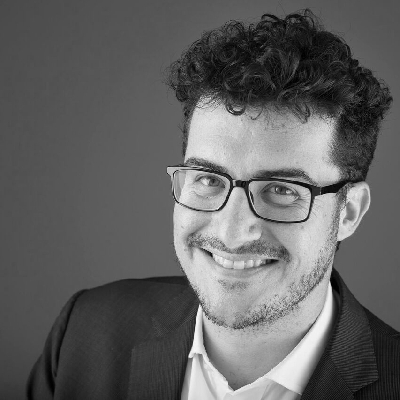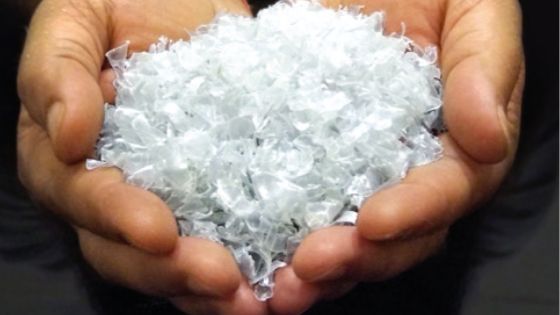The outdoor apparel sector is in a full green revolution. Today it is impossible to be on the market without a circular and sustainable rethinking of materials and processes. A key player in the field of fabric and insulation, PrimaLoft Inc , is a company stemming from the creation of the same-name thermo insulating material in man-made microfibre, developed and patented for the USA army in the 1980s. Since then, man-made PermaLoft insulating materials have been used in the external market of shrugs, gloves, slipping bags and footwear as well as in household products. In 2007, PrimaLoft introduced the production of high-performance yarns, which over the last years have been produced with 100% polyester fibres or 45% polyester and 55% Merino wool. Since 2010, the company has started to look at new products, increasingly circular and sustainable, forging partnerships with Bluesign System, International OEKO-TEX Association and Sustainable Apparel Coalition’s Higg Index. Its mission? To be Relentlessly Responsible.
Pioneers in the outdoor textile
“We are pioneers in the textile industry,” explains to Renewable Matter Jochen Lagemann, PrimaLoft’s Senior Vice President and Europe and Asia Managing Director, “our research aims at helping outdoor brands, and not only them, to become more sustainable. Today there is a huge demand by brands for innovative fabrics striking a balance between performance and sustainability. We cannot sacrifice one over the other.”
Even by being ahead of the game since PrimaLoft’s products being defined are made with 58-71% post-consumer recycled material, without sacrificing performance, which can be recovered at the end of its life thus eliminating the need for introducing new natural resource and creating a closed circuit. “Today everybody talks about a circular solution in the textile/outdoor/fashion sector. Nevertheless, reaching full circularity is extraordinarily complex and can only work if there is a strategy that includes the whole sector: brands, retail, consumers and government.” Partnerships can produce excellent results, such as the project with Parley for the Oceans dealing with the collection of plastic in remote islands, beaches and coastal communities and its transformation into high-performance insulating PrimaLoft materials for the textile industry.

Ready for the circular economy
From the point of view of materials, PrimaLoft invested a lot of resources and declares to be ready for the circular economy. “With PrimaLoft Bio we have demonstrated that chemically recyclable fabrics, ready to be used in new cycles without performance loss, can be produced on a large scale. What is still lacking is an infrastructure able to welcome these materials, there are no widespread post-consumer services.” PrimaLoft Bio is the first man-made insulation product 80% biodegradable in just a year, 100% derived from recycled materials. Thanks to an accelerated test simulating biodegradation in 394 days, much shorter than conventional polyester biodegradation. “The patented technology – which does not alter performance, look or the feeling of the fabric will be available as of Autumn 2020,” points out Lagemann.
The research also includes other typologies of materials specific for outdoor activities and required by companies – such as Patagonia and La Sportiva, both partners of PrimaLoft. “Those practicing extreme mountaineering, winter bikepacking or trekking in rainy conditions need high-performance fabrics offering excellent weight/heat ratio, breathability and waterproofing. Thus, they need polyester-base ultralight fibres that include recycled materials due to the increasingly sought-after sustainability commitments. PrimaLoft’s target is to produce, by the end of 2020, 90% of its insulation materials with at least 50% PCR products. Since 2015, we have used 266 million plastic bottles to produce insulation materials, amounting to 6.6 million kilograms. We recently started researching on biobased materials, but they are not yet the key focus of PrimaLoft. We have RDS-standard down (Responsible Down Standard is an environmental declaration stating that down and feathers used for padding are derived from cruelty-free practices and used and maintained in an identification and traceability system validating its origin, Author’s note): blends with Merino wool, which can be recycled, or blends with kapok, also known as vegetable wool, with a 0.35g/cm3 density, making it the lightest fibre in the world.”
The most requested by international brands
Demands also concern the environmental impacts of fabric producing processes. “This is why we created P.U.R.E., Produced Using Reduced Emissions, a seemingly simple process that instead of using ovens to create insulating materials uses air, thus allowing us to save 48% of CO2 emissions during production. An amazing reduction with just one solution.” A result that makes PrimaLoft’s CEO, Mike Joyce, very proud. “Over the last four years, we have worked to create solutions able to drastically reduce carbon emissions. The result is a revolutionary change in our production system that will have a huge impact on the environment.” Obviously, it is not a cheap process and it has proved to be extremely complex (and it cannot be patented yet). But the market has rewarded our investment, Patagonia converted to P.U.R.E. its important Nano Puffe programme and in Autumn 2020 it will be the first partner of PrimaLoft to use this technology in manufacturing its products.
There is a long list of interested companies. “Our diary is full of appointments. We obtained similar interest last year with PrimaLoftBio,” carries on Jochen Lagemann. In this case it was an end-of-life solution. “We strongly believe that before ending the life of product reuse and repairing strategies must be put in place. But it is often impossible to know where clothes end up. How often does it happen that a jumper gets lost due to carelessness? Or managed inappropriately when it becomes waste? Moreover, in this way we reduce microplastics that end in oceans due to fabric erosion caused by wearing and machine washing. Companies pay more attention to this topic,” In 2020, popular brands such as Helly Hansen, Houdini, L.L. Bean, Norrøna and Vaude, a total of 15 companies, will launch collections with PrimaLoftBio. And four more are ready to do so in 2021. A transition, that of circularity, that has involved the whole board from day one. “We did not need to convince anyone: we created a plan with many baby steps that one day will lead PrimaLoft to full circularity.”



